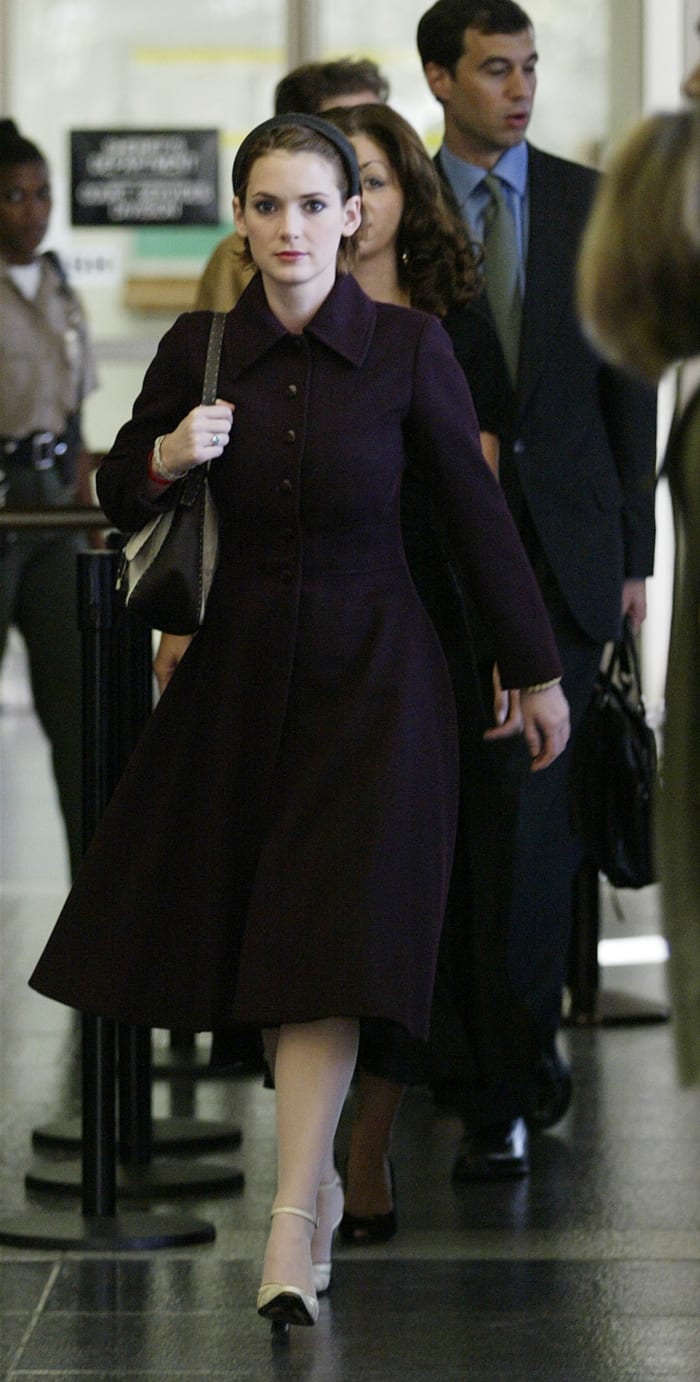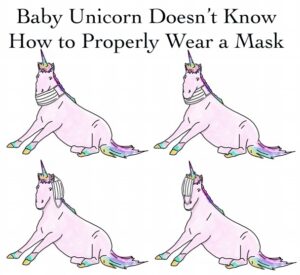Bar examiners striving against all data and common sense to keep their semi-annual raison d’être going like to fall back on how they are necessary to “protect the public.” And while the argument that bar exams protect the public is almost comically weak — so weak that a state supreme court couldn’t even be bothered to articulate even the thinnest defense of the test — the argument it is massively important to protecting the public that states cancel in-person bar exams in states with surging infections is incredibly strong.
In North Carolina, an applicant has retained a law firm who just sent a letter to Governor Roy Cooper imploring him to use his authority to put a stop to this madness.
There was a day when public health officials more or less agreed that in-person events weren’t necessarily dangerous if certain precautions were taken. That day passed several hundred thousand cases ago. At this point, after a breakdown in early testing and no serious contact tracing, bringing a large group of people together in an enclosed space for a prolonged period of time constitutes a superspreader event. Plain and simple.
But so far, the NC bar examiners have refused to heed these concerns. While touting minor safety precautions, the examiners were also quick to insist on liability protections, basically conceding that they are aware of the danger but they just can’t let go. This is the language of the NC Bar’s waiver:
By proceeding to take the examination, each applicant acknowledges and voluntarily assumes all risk of exposure to or infection with COVID-19 by attending the July 2020 North Carolina bar examination, and the possibility that such exposure or infection may result in personal injury, illness, permanent disability, and death.
That is macabre!
And when they’re challenged about any of this, they send their lawyer to scold people for daring to question the Great And Powerful Bar Examiners.
In yesterday’s letter, attorney Kieran Shanahan notes that the North Carolina Supreme Court has determined that it lacks the ability to halt the test and that the bar examiners have attested to coordinating their effort with the state Department of Health and Human Services. Except…
… we received records from the North Carolina Department of Health and Human Services (“NCDHHS”) late yesterday indicating that — while NCBLE was in contact with your legal counsel, William McKinney — the NCBLE did not contact NCDHHS to start planning until June 30, 2020. Although NCBLE’s communications with NCDHHS were sparse, I am enclosing copies of the June 30, 2020 introductory emails that we received from NCDHHS with this letter. Preparing for the Bar Exam with only one month remaining may be typical for applicants, but it is wholly irresponsible for the public officials who decided to hold the exam in-person several months ago. While I understand that neither you nor anyone wants to take responsibility for the crisis that the NCBLE has created, as our courts have recently asked: “[w]ho watches the watchmen?”
Yes, these hyped safety precautions supposedly crafted in consultation with professionals from the state HHS were, per the documents, actually slapped together over the last couple of weeks. And, worse, the NCBLE drafted its waiver language before ever talking to the HHS! As the letter puts it, “This is even more egregious when you stop to consider the fact that NCBLE asked our applicants to assume all of the risks of exposure to COVID-19 before NCBLE spoke to NCDHHS to understand what those risks might be.”
Cooper, who was steadfast enough to kill the Republican National Convention in his state over health concerns has so far turned a blind eye to the prospective attorneys that the NCBLE plans to shove into the state fairgrounds in a few days. But, as Shanahan notes, the governor’s office has asserted its authority over the state executive branch to argue that bowling alleys presented “an immediate danger to public health” but hasn’t weighed in on bringing 750 graduates from across the state into an enclosed location for a couple of days. It’s a fitting contrast because, not to defend bowling alleys, but there are few social activities that involve less interaction with people you don’t know than bowling. If alleys ran with 50 percent capacity there’s almost no risk of bumping into anyone else.
And yet it’s the bowling alleys that have so far garnered official intervention while the bar examiners are left to their own devices.
It’s time to put a stop to this so that maybe, just this once, something to do with the bar exam can actually be about protecting the public.
Earlier: North Carolina Also Demands Waiver In Case It Kills Anyone With Bar Exam
Bar Exam Tells Woman To Stop Worrying About Petty Concerns Like ‘Health’ And Study More
 Joe Patrice is a senior editor at Above the Law and co-host of Thinking Like A Lawyer. Feel free to email any tips, questions, or comments. Follow him on Twitter if you’re interested in law, politics, and a healthy dose of college sports news. Joe also serves as a Managing Director at RPN Executive Search.
Joe Patrice is a senior editor at Above the Law and co-host of Thinking Like A Lawyer. Feel free to email any tips, questions, or comments. Follow him on Twitter if you’re interested in law, politics, and a healthy dose of college sports news. Joe also serves as a Managing Director at RPN Executive Search.






 Kathryn Rubino is a Senior Editor at Above the Law, and host of
Kathryn Rubino is a Senior Editor at Above the Law, and host of 












